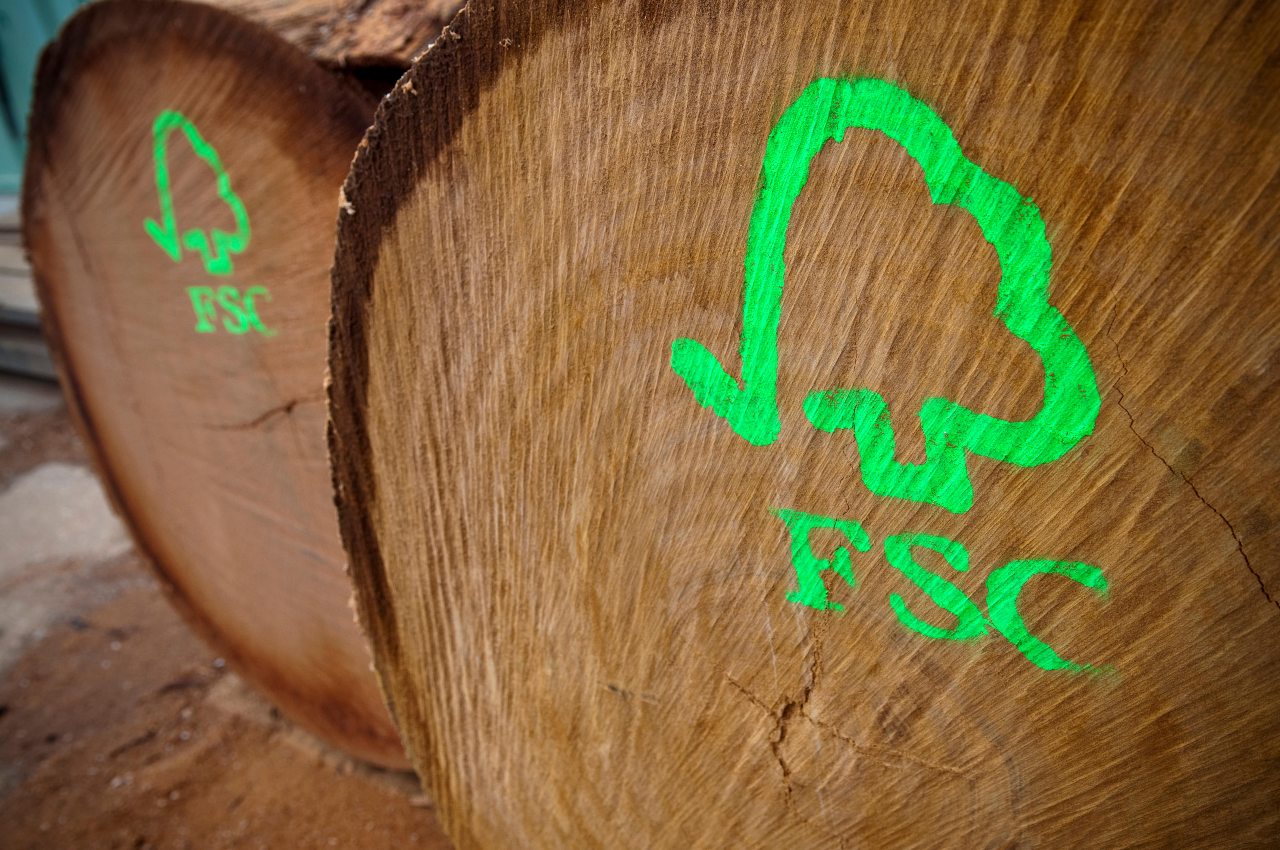
The Jamanaxim National Forest before and after the dismemberment.
A recent study has found that national parks and reserves in Brazil where forests have been illegally cleared are more likely to lose their protected status.
The study, published in the Proceedings of the National Academy of Sciences, examined 62 protected areas in the Amazonian state of Rondônia.
The authors found that the government was more likely to later reduce or completely eliminate the legal protections for areas that had been deforested.
The findings are of particular concern because of the current administration’s willingness to retrospectively greenwash illegal deforestation, taking measures to legalise the incursion of ranching into Amazon forests and cancel fines.
One of the study’s authors, Michael B. Mascia, has called this a “vicious cycle” and said that “if a government scales back some or all legal protections, then the remaining forest may be even more vulnerable to the forces that led to deforestation in the first place”.
The protected areas in Rondônia looked at by the authors have typically lost their protection status to make way for agriculture or hydroelectric projects.
In some cases, protected forests lost all of their protection, a process known as degazettement. Parks and reserves that have performed poorly in maintaining their forests standing have been more likely to be degazetted.
Last year, Earthsight reported on the loss of protection status for parks and reserves in Brazil and their potential consequences.
The presidential decree of late 2016 changing the boundaries of the Jamanxim National Forest and downgrading 305,000 hectares (ha) of its area to a lower protection status was denounced by civil society as a gift to land grabbers and illegal deforesters connected to cattle ranching.
Proposals to reduce the size of protected areas by more than 30,000 square miles led to fears of greenwashing of illegal beef in the Amazon.
In addition, the rollback of environmental protections triggered warnings by activists that these measures give farmers, loggers, miners and land grabbers a sense of impunity, emboldening them to seize land and to attack government inspectors and indigenous groups.
Deforestation within conservation units can be made worse not only by changes to legal protections, but also by cuts to enforcement, as illustrated by the study published by Imazon last year, which found that 237,000ha of forest were cleared within parks and other protected areas in the Brazilian Amazon between 2012 and 2015.



